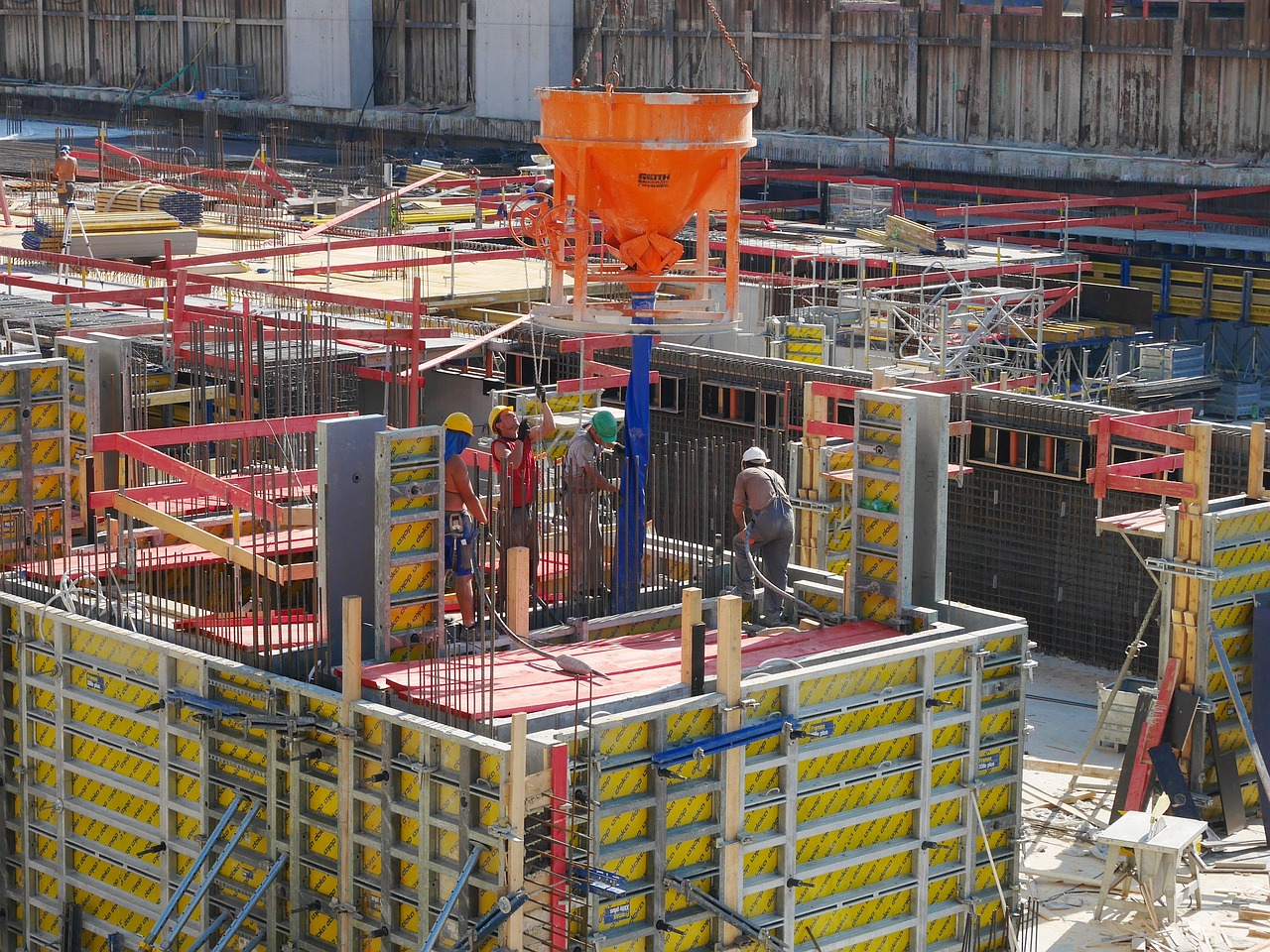Introduction:
In the age of data, industries across the board are leveraging data-driven insights to make more informed decisions, optimize processes, and boost profitability. However, the construction industry has been slow to embrace this digital transformation. With only 5% of the vast amounts of data generated by the construction industry ever utilized, there is a wealth of untapped potential waiting to be harnessed. This article will explore the benefits of embracing digitization, implementing data analytics, and leveraging data-driven insights in the construction industry.
The Current State of Data Utilization in Construction:
A McKinsey report revealed that the construction industry generates an enormous amount of data, but a mere 5% of it is ever analyzed or used. This underutilization of data has left the construction industry lagging behind other sectors, such as finance, healthcare, and manufacturing, where data analytics plays a significant role in decision-making and process optimization. A study by the Harvard Business Review found that top-performing companies in these sectors utilize data analytics for decision-making five times more often than lower-performing ones.
Embracing Digitization in Construction:
To catch up with other industries and unlock the untapped potential of data, construction companies must embrace digitization. By adopting digital tools, construction project management software, and advanced technologies such as Building Information Modeling (BIM), Internet of Things (IoT), and Artificial Intelligence (AI), construction firms can streamline data capturing, automate processes, and improve collaboration. This, in turn, makes it easier to collect, analyze, and act on valuable project data.
Benefits of Utilizing Data in Construction:
The effective use of data-driven insights can significantly transform the construction industry, offering a plethora of benefits, including:
- Optimized Project Management: Data-driven insights can help construction companies identify bottlenecks, allocate resources efficiently, and improve scheduling. By reducing project delays and cost overruns, companies can enhance their overall project management capabilities.
- Enhanced Decision-Making: Analyzing data can reveal patterns and trends, enabling construction companies to make informed decisions and plan strategically for the future. By leveraging data analytics, firms can gain a better understanding of market dynamics, customer preferences, and competitor strategies, helping them stay ahead of the curve.
- Improved Safety: Data analysis can help identify potential hazards and risks in construction projects, ensuring a safer working environment for construction workers. By monitoring variables such as weather conditions, worker fatigue, and equipment performance, construction companies can proactively address safety concerns and reduce the number of accidents on construction sites.
- Increased Profitability: By optimizing processes, reducing waste, and improving efficiency, data-driven construction companies can significantly boost their bottom line. Data analytics can help firms identify areas of inefficiency, enabling them to cut costs and improve margins.
Overcoming Challenges to Implementing Data Analytics in Construction:
Despite the numerous benefits of data-driven insights, the construction industry faces several challenges when it comes to implementing data analytics. These challenges include:
- Resistance to Change: One of the primary obstacles to embracing data analytics in construction is the industry’s inherent resistance to change. Construction companies have relied on traditional methods and processes for decades, making it difficult for them to adopt new technologies and adapt to new ways of working. To overcome this challenge, organizations must invest in training and education to help employees understand the benefits of data analytics and develop the skills required to work with data-driven tools and technologies.
- Data Quality and Integration: Another challenge is ensuring data quality and integration across various sources. Construction projects involve multiple stakeholders, including architects, engineers, contractors, and suppliers, each generating and managing their data. This data can be fragmented, siloed, and inconsistent, making it difficult to extract meaningful insights. To address this issue, construction companies must implement data governance frameworks and adopt standardized data formats to facilitate seamless data integration and improve data quality.
- Data Security and Privacy: As construction companies collect and store vast amounts of data, they become increasingly vulnerable to data breaches and cyberattacks. Ensuring data security and privacy is crucial to maintaining stakeholder trust and compliance with data protection regulations. Companies must invest in robust cybersecurity measures and implement data access controls to protect sensitive information.
The Future of Data-Driven Construction:
As more construction companies recognize the value of data-driven insights, the industry is expected to undergo a rapid digital transformation. In the future, we can expect to see:
- Widespread Adoption of Advanced Technologies: Technologies such as AI, machine learning, and IoT will become increasingly prevalent in the construction industry, enabling companies to collect, analyze, and act on data more effectively.
- Enhanced Collaboration and Data Sharing: As construction companies adopt standardized data formats and improve data integration, we can expect to see greater collaboration and data sharing among project stakeholders. This will result in more efficient project delivery and improved decision-making.
- Growth of Predictive Analytics: Predictive analytics, which uses historical data to forecast future outcomes, will play an increasingly important role in construction. By leveraging predictive analytics, construction companies can proactively address potential issues, optimize resource allocation, and make more informed strategic decisions.
Conclusion:
The construction industry is on the cusp of a data revolution, with the potential to transform the way projects are planned, executed, and delivered. By embracing digitization and leveraging data-driven insights, construction companies can optimize project management, enhance decision-making, improve safety, and increase profitability. It’s time for the construction industry to seize this opportunity and unlock the full potential of data to drive innovation, efficiency, and success.




